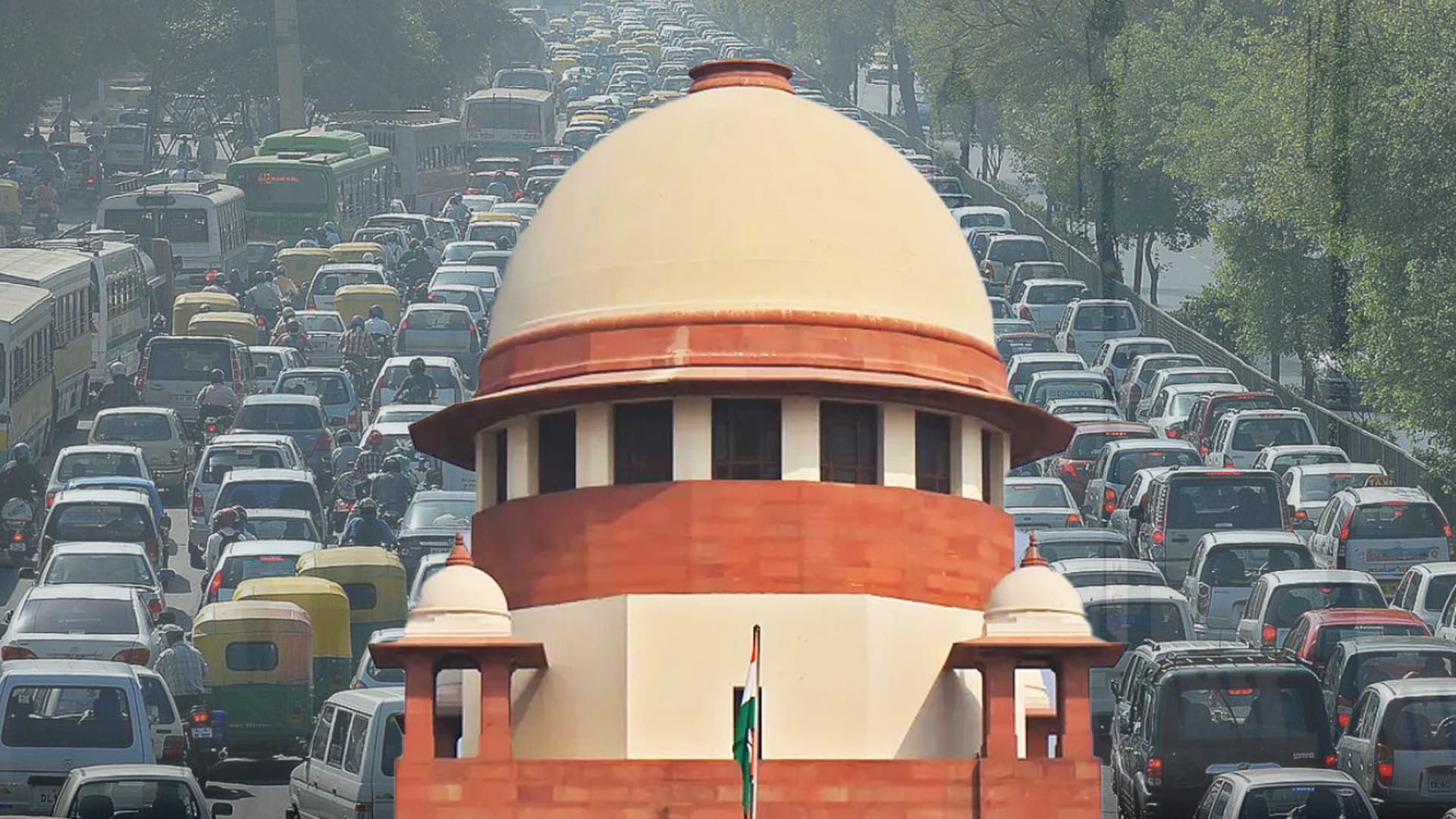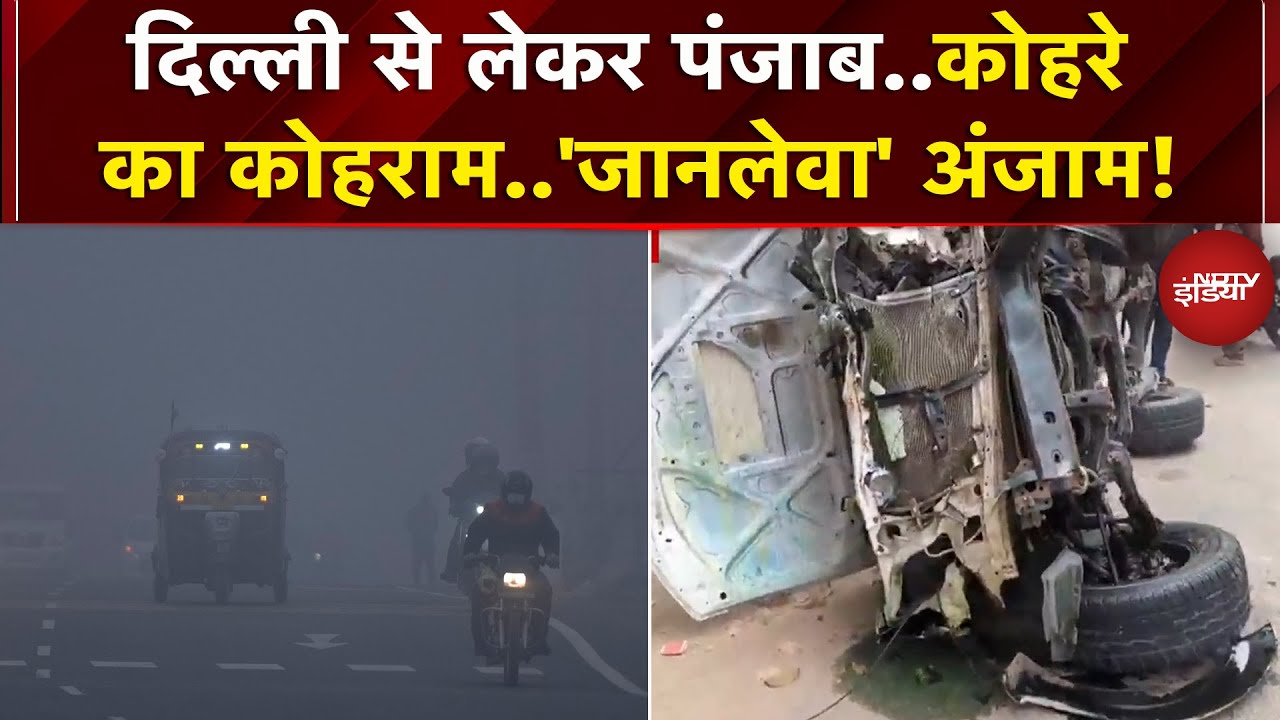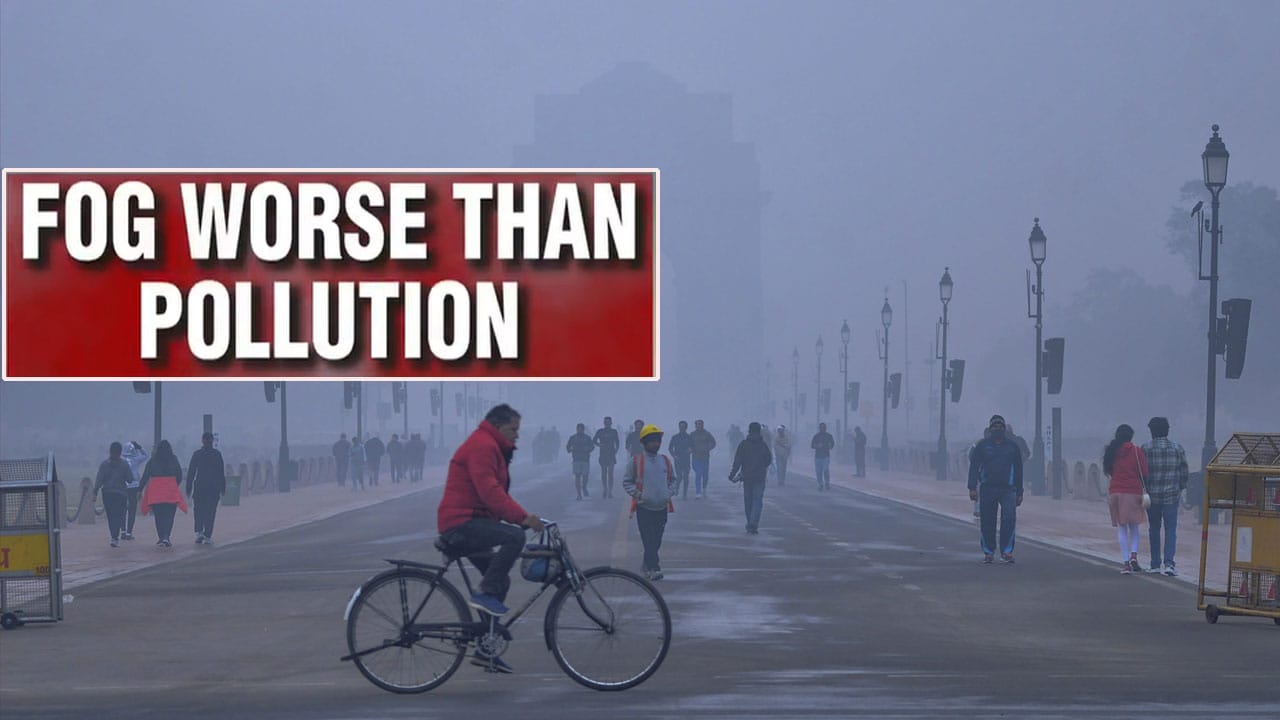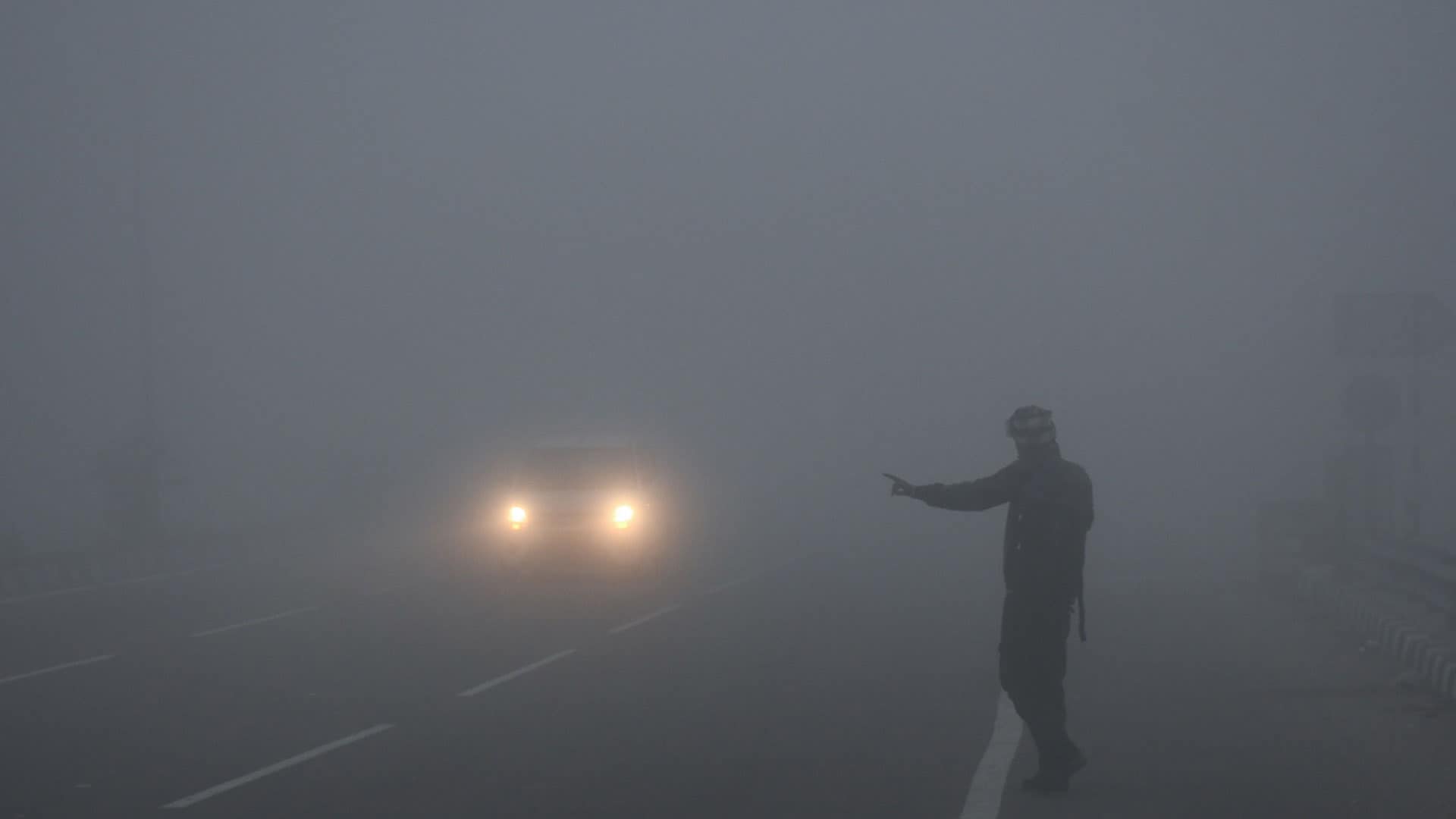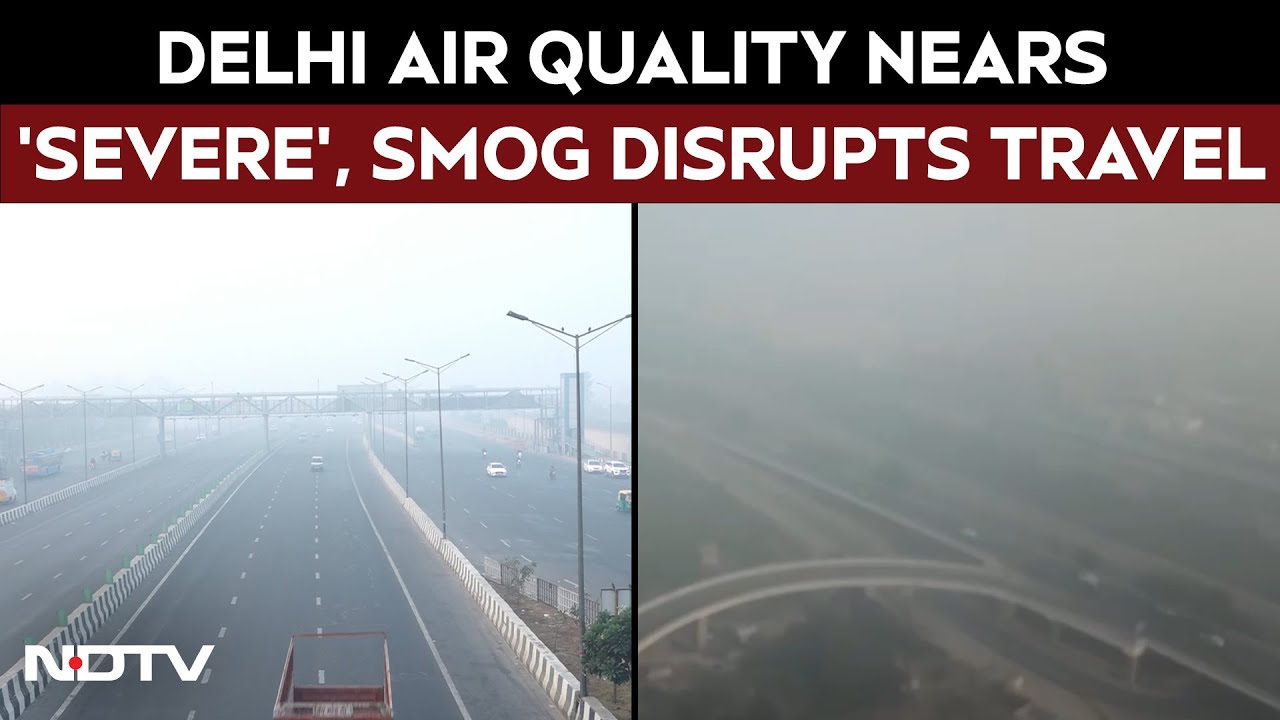- Home/
- Air Pollution And Heart Health: Understanding The Harmful Effects Of Pollution On Cardiovascular Health
Air Pollution And Heart Health: Understanding The Harmful Effects Of Pollution On Cardiovascular Health

Delhi continues to witness a thick layer of smog as the air quality remains severe in many parts. This morning, the overall air quality index was recorded at 488 in the national capital. Several restrictions have been implemented to prevent the health risks associated with poor air quality.
Air pollution can trigger the risk of respiratory disorders as well as affect your heart in many ways. While we may not see them, these microscopic agents of destruction are taking a toll on our cardiovascular health, contributing to a host of diseases and ailments. In this article, we will delve into the hidden dangers of pollution particles and their devastating effects on our hearts and overall well-being.
Pollution particles, often referred to as particulate matter (PM), are minuscule solid or liquid particles suspended in the air. They come in various sizes, with PM2.5 (particles with a diameter of 2.5 micrometres or smaller) and PM10 (particles with a diameter of 10 micrometres or smaller) being the most concerning due to their ability to penetrate deep into our respiratory system.
These tiny particles, invisible to the naked eye, are more than just an inconvenience. They are a serious threat to our health, particularly our cardiovascular health. As we go about our daily lives, we unknowingly inhale these pollutants, and they can have long-lasting and sometimes devastating effects on our bodies.
Particulate matter is a product of various sources, including industrial activities, vehicular emissions, construction sites, and even natural sources like dust and wildfires.
Research has shown a strong correlation between exposure to pollution particles and cardiovascular diseases. When we breathe in these tiny particles, they can enter our bloodstream and affect our cardiovascular system. Let's explore some of how pollution particles can harm our hearts and overall health.
1. Inflammation: PM exposure triggers an inflammatory response in the body, leading to the release of pro-inflammatory molecules. This chronic inflammation can damage the inner lining of blood vessels, promoting the development of atherosclerosis - a condition where arteries become narrowed and hardened. Over time, this can lead to a heightened risk of heart attacks and other cardiovascular problems.
2. Blood Pressure: Pollution particles can also disrupt the balance of the autonomic nervous system, leading to increased blood pressure. Elevated blood pressure is a significant risk factor for heart disease. High blood pressure can strain the heart, making it work harder to pump blood, which can lead to heart failure and other complications.
3. Blood Clot Formation: PM exposure can make our blood more prone to clotting. This propensity for clot formation can lead to a heart attack or stroke if a clot obstructs a vital blood vessel. Blood clotting issues can be life-threatening and have immediate consequences for one's health.
4. Heart Arrhythmias: Studies have shown that pollution particles can disrupt the electrical impulses in the heart, leading to arrhythmias, which can be life-threatening. Irregular heart rhythms can result in palpitations, dizziness, and even fainting. In severe cases, they can be fatal.
5. Heart Failure: Long-term exposure to particulate matter has been associated with an increased risk of heart failure, a condition where the heart cannot pump blood efficiently. Heart failure is a chronic and often progressive condition that severely impacts one's quality of life.
Pollution particles poses a severe threat to our cardiovascular health and overall well-being. While it may be impossible to eliminate exposure to these tiny assailants, awareness and proactive measures can go a long way in safeguarding your heart. By staying informed about air quality, limiting outdoor activities on days with high pollution levels, using air purifiers, supporting clean energy, and improving indoor air quality, you can take steps to protect yourself and your loved ones from the hidden dangers of pollution.
(Dr.(Col). Manjinder Sandhu, Principal Director - Cardiology, Max Healthcare)
Disclaimer: The opinions expressed within this article are the personal opinions of the author. NDTV is not responsible for the accuracy, completeness, suitability, or validity of any information in this article. All information is provided on an as-is basis. The information, facts, or opinions appearing in the article do not reflect the views of NDTV and NDTV does not assume any responsibility or liability for the same.
Latest Stories
- Press Trust of India | Friday January 09, 2026 , New Delhi
The PM2.5 assessment for 2025 ranks Byrnihat (Assam), Delhi, and Ghaziabad (Uttar Pradesh) as India's top three most polluted cities with annual concentrations of 100 g/m, 96 g/m, and 93 g/m, respectively.
- Written by Shreya Goswami | Wednesday January 07, 2026
A study by Jawaharlal Nehru University finds that Delhi's polluted winter air carries high levels of antibiotic-resistant bacteria or superbugs far above safe limits, posing public health risks, especially for vulnerable groups and those with chronic
- Reported by Nupur Dogra | Tuesday January 06, 2026 , New Delhi
The Commission for Air Quality Management or CAQM, was strongly reprimanded by the Supreme Court today, which said the pollution body was not taking the issues raised by the court seriously.
- Written by Shreya Goswami | Tuesday January 06, 2026
Bronchial asthma often worsens in winter due to cold air, pollution and infections.
- Asian News International | Sunday January 04, 2026 , New Delhi
Delhi's air quality continued to remain in the 'poor' category on Sunday, with the national capital recording an overall Air Quality Index of 248, according to data from the CPCB.
................................ Advertisement ................................
Latest Videos
Opinion
Blog | Well Done, Delhi. You've Turned Lung Sacrifice Into A Badge Of HonourSaikat Kumar Bose
Monday November 10, 2025Till some years back, Delhiites would ask angry questions to those in power about the capitals annual tryst with toxic air. This has changed. Those in the driving seat dont see the need to answer now.
Opinion | Why Indians Have Just Given Up On Air Pollution CrisisTanushree Ganguly
Friday December 20, 2024While some may argue that people in Delhi are now more aware of air pollution than they were a decade back, my rebuttal would be that awareness does not mean that people are concerned.
Opinion | You Must Outrage Over Filthy Air More Than Once A YearJyoti Pande Lavakare
Tuesday December 10, 2024Delhi welcomed us with monsoon rains and mangos. We were home. Fast forward a couple of years, in the winter of 2012, I found myself in denial about something other parents, mostly expats, were calling toxic air.
Opinion | Delhi's Air Pollution Situation Is Like A Bad MarriageNishtha Gautam
Friday November 22, 2024On a good day, such as today, the AQI reading in Delhi is 407. We are jubilant at the sickly sunshine trickling through the slightly dissipated smog. At least its not 1600.
दिवाली... पराली... सियासी जुगाली!Ashwini kumar
Monday November 18, 2024दिल्ली-एनसीआर में प्रदूषण का समाधान तो आज तक मिला नहीं. हर साल चिंतित होकर हम-आप सांसों की तकलीफ के साथ-साथ दिल और ब्लड प्रेशर के मरीज भी क्यों बनें?








